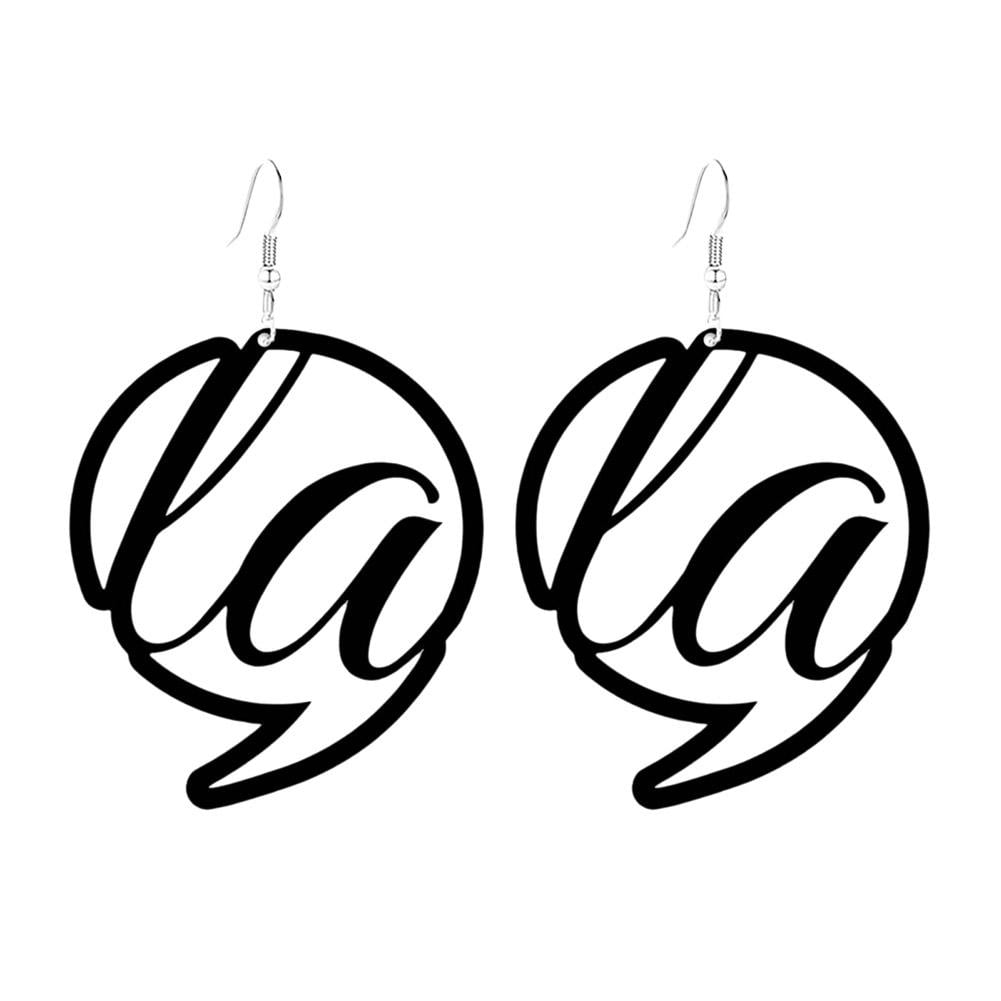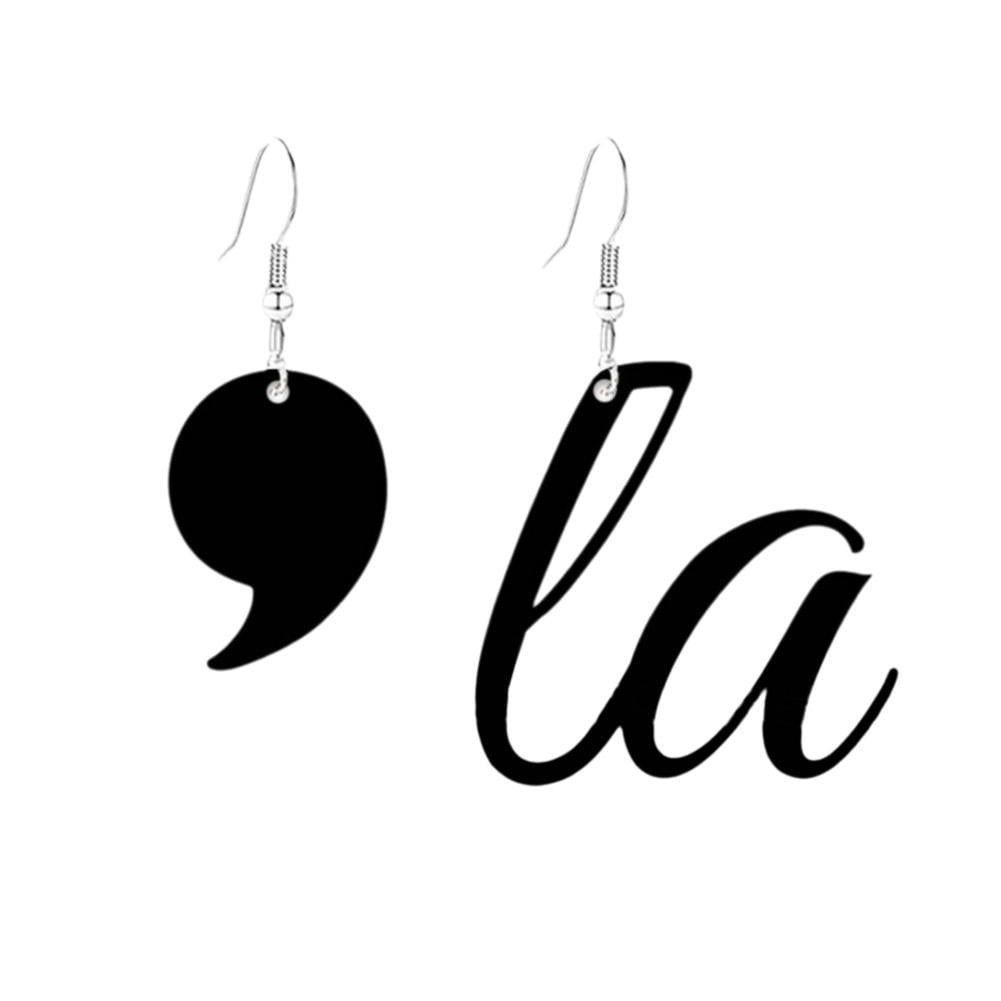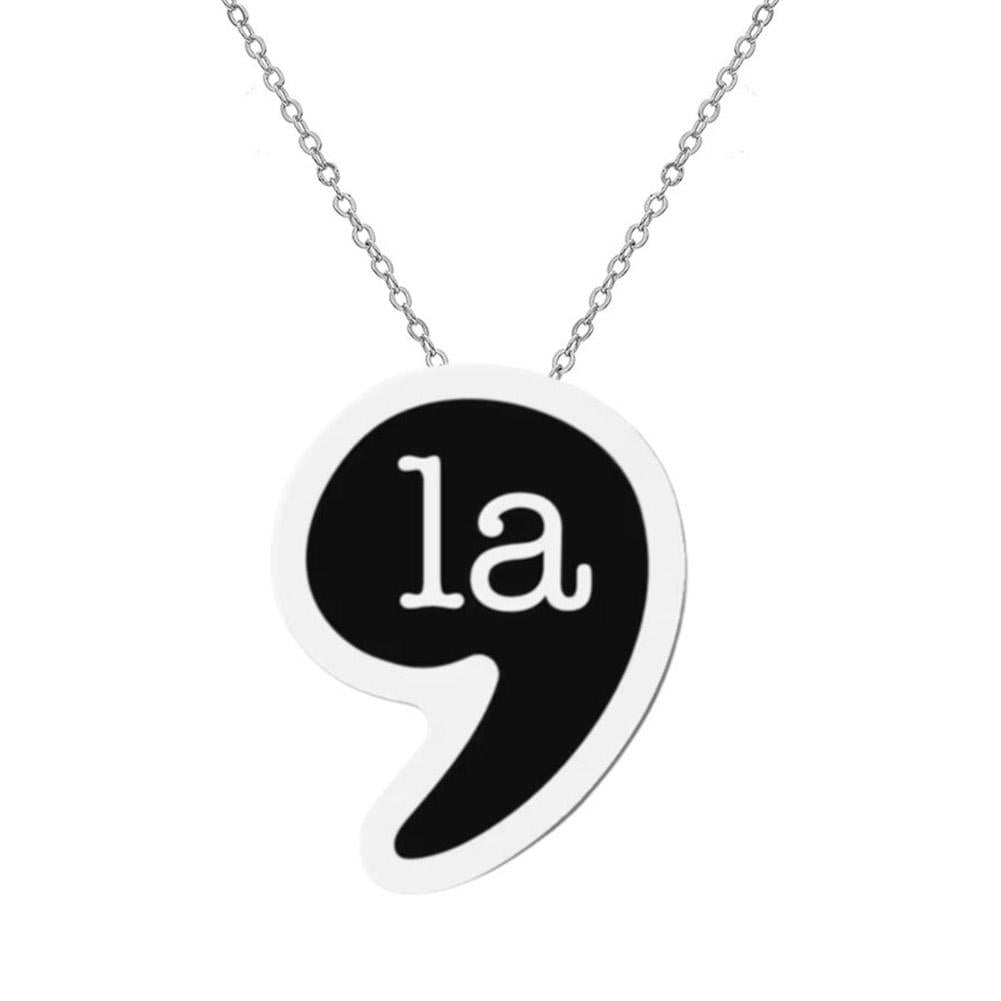The Earring Conspiracy: Unpacking the False Claim Against Kamala Harris
A Baseless Accusation Gains Traction on Social Media
In the fast-paced world of social media, false information can spread like wildfire. A recent example of this phenomenon is the claim that Vice President Kamala Harris was wearing Nova H1 Audio Earrings during her debate against Donald Trump. This unverified assertion quickly gained traction online, with many users jumping to the conclusion that Harris was somehow cheating or receiving covert signals through these supposed "audio earrings." However, a closer examination reveals that this claim is entirely baseless.
One of the earliest proponents of this conspiracy theory was right-wing influencer and conspiracy theorist Laura Loomer. Loomer, known for spreading false and inflammatory information, seized upon the opportunity to attack Harris and insinuate that she was somehow being manipulated or was cheating during the debate. Her tweet, which has since been widely shared, is a textbook example of how misinformation can spread quickly online.
However, a simple fact-check reveals that Harris was not wearing the Nova H1 Audio Earrings. This raises the question: why are people so quick to believe and spread conspiracy theories? In today's digital age, it is easier than ever to spread information quickly and to a wide audience. However, this also means that false or inaccurate information can spread just as easily.
The Dangers of Conspiracy Theories
Conspiracy theories like the one surrounding Harris' earrings are not only false but can also have serious consequences. When people believe and spread misinformation, it can undermine trust in institutions and create divisions within society. In the case of Harris, the accusation that she was cheating or being manipulated is not only unfair but also plays into narratives that seek to undermine her credibility and authority.
Furthermore, conspiracy theories can also have real-world consequences. For example, the spread of false information about COVID-19 vaccines has been linked to a decline in vaccination rates and an increase in cases of vaccine-preventable diseases. Similarly, conspiracy theories about climate change have hindered efforts to address this critical issue and have confused the public about the causes and consequences of climate change.
As we navigate the complex and ever-changing landscape of social media, it is essential that we prioritize fact-checking and critical thinking. This means being cautious of information that seems too good (or bad) to be true and being willing to verify claims through reputable sources. By doing so, we can reduce the spread of misinformation and promote a more informed and nuanced public discourse.
As the "earring conspiracy" against Kamala Harris demonstrates, even the most baseless claims can gain traction online. However, by being vigilant and critical of information, we can prevent the spread of misinformation and promote a more accurate and truthful understanding of events.



















